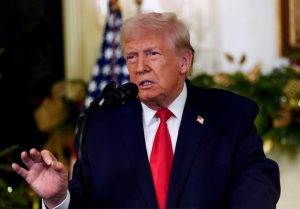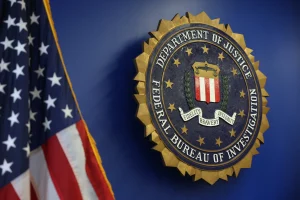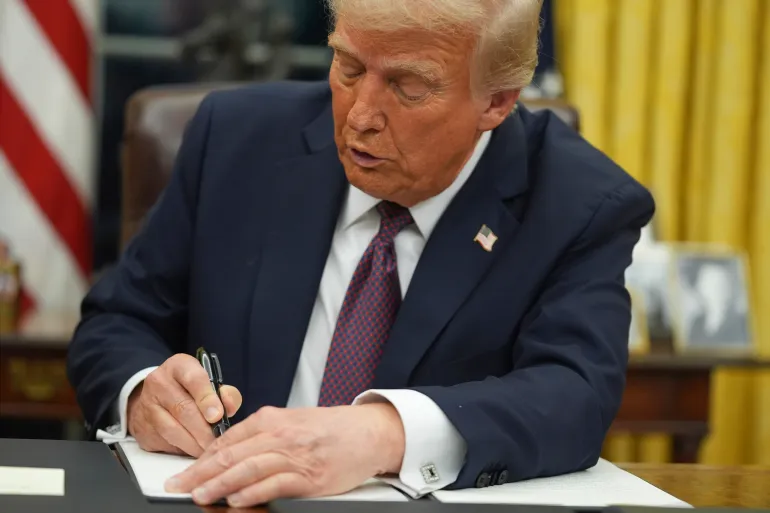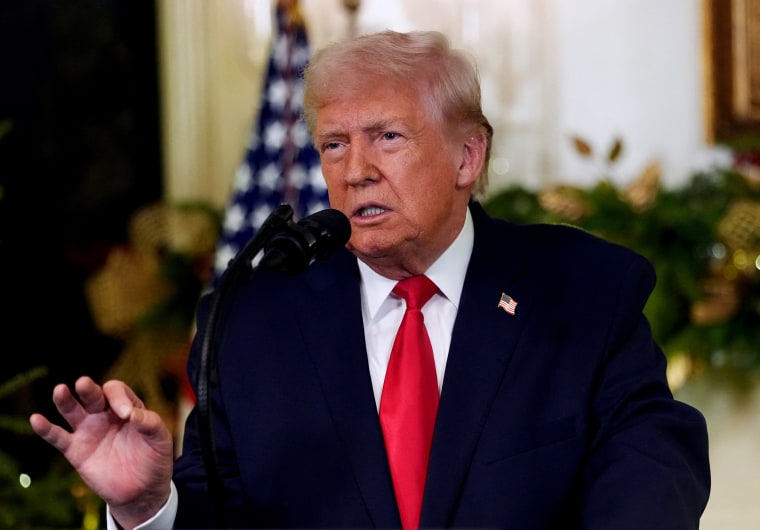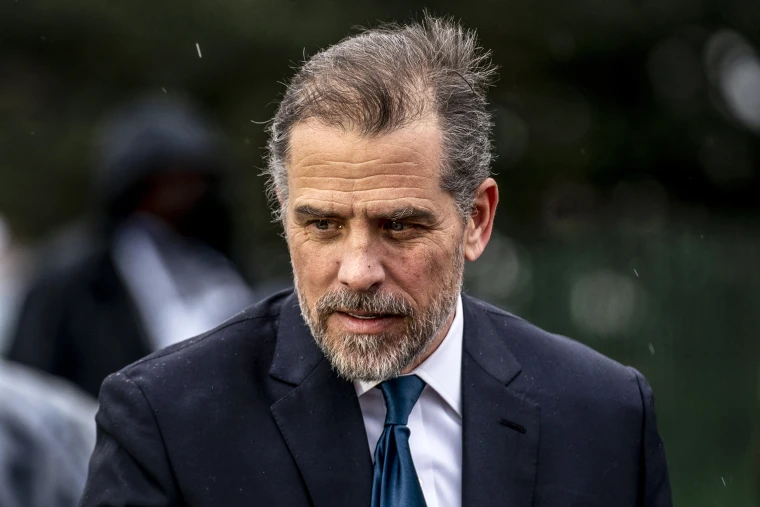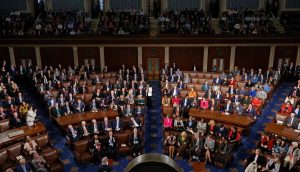Concerns are rising across the country as activists, legal experts, and everyday Americans react to what some are calling a dangerous and dehumanizing move targeting the homeless population.
For years, the debate around how to address homelessness in the United States has been fiercely polarized. While some advocate for expanding access to housing, mental health care, and addiction treatment, others push for stricter enforcement and removal of homeless individuals from public spaces. The latest development in this ongoing debate has triggered a wave of backlash that’s growing louder by the day.
On social media, worried citizens are describing the policy shift as “terrifying” and “cruel,” claiming it signals an authoritarian turn in how the government deals with society’s most vulnerable. Reddit threads, Twitter posts, and comment sections have exploded with alarmed reactions, with users accusing political leaders of trying to erase homelessness by criminalizing it rather than solving the underlying problems.
The National Homelessness Law Center (NHLC), a leading legal advocacy group, issued a strongly worded statement, warning that the policy would “make homelessness worse” by stripping people of their rights without addressing the core issues. “The safest communities are those with the most housing and resources,” the NHLC said, “not those that make it a crime to be poor or sick.”
Critics emphasize that the approach fails to lower housing costs, increase wages, or provide accessible mental health care. Instead, they argue it prioritizes visibility and public discomfort over real solutions. “Forced treatment is unethical, ineffective, and illegal,” the NHLC continued. “People need stable housing and access to healthcare. This move diverts taxpayer money away from those who need it most and undermines real progress.”
The policy drawing all this outrage is a new executive order signed by President Donald Trump on July 24. The order directs Attorney General Pam Bondi to seek the reversal of judicial decisions and existing legal agreements that prevent cities from forcibly removing homeless individuals from public spaces and placing them in long-term treatment centers.
According to the order, the federal government now supports broader use of civil commitment laws for individuals suffering from mental illness who are living on the streets, particularly those considered a risk to themselves or the public. The document claims that such action will “restore public order” and that “surrendering our cities and citizens to disorder and fear is neither compassionate to the homeless nor to other citizens.”
White House Press Secretary Karoline Leavitt defended the decision, stating that Trump is fulfilling his promise to “Make America Safe Again” by removing “vagrant criminals” from neighborhoods and redirecting resources toward rehabilitation programs.
“This administration believes in helping people who suffer from addiction and mental health struggles,” Leavitt said. “We are making sure Americans feel safe in their communities.”
But many remain unconvinced. Detractors argue that the policy reflects a disturbing preference for institutionalization over housing-first models that have proven more effective and humane. Housing advocates stress that criminalizing homelessness leads to increased cycles of incarceration, worsens health outcomes, and drains public resources without solving the issue.
Adding fuel to the fire is the recent Supreme Court decision that allows local governments to ban sleeping in public spaces—a ruling that many see as laying the groundwork for Trump’s order. Taken together, critics argue these developments represent a growing trend of criminalizing poverty rather than addressing it through compassionate, evidence-based approaches.
“This isn’t safety—it’s a cover-up,” one Reddit user wrote. “Out of sight, out of mind, and never actually solved.”

Emily Johnson is a critically acclaimed essayist and novelist known for her thought-provoking works centered on feminism, women’s rights, and modern relationships. Born and raised in Portland, Oregon, Emily grew up with a deep love of books, often spending her afternoons at her local library. She went on to study literature and gender studies at UCLA, where she became deeply involved in activism and began publishing essays in campus journals. Her debut essay collection, Voices Unbound, struck a chord with readers nationwide for its fearless exploration of gender dynamics, identity, and the challenges faced by women in contemporary society. Emily later transitioned into fiction, writing novels that balance compelling storytelling with social commentary. Her protagonists are often strong, multidimensional women navigating love, ambition, and the struggles of everyday life, making her a favorite among readers who crave authentic, relatable narratives. Critics praise her ability to merge personal intimacy with universal themes. Off the page, Emily is an advocate for women in publishing, leading workshops that encourage young female writers to embrace their voices. She lives in Seattle with her partner and two rescue cats, where she continues to write, teach, and inspire a new generation of storytellers.
